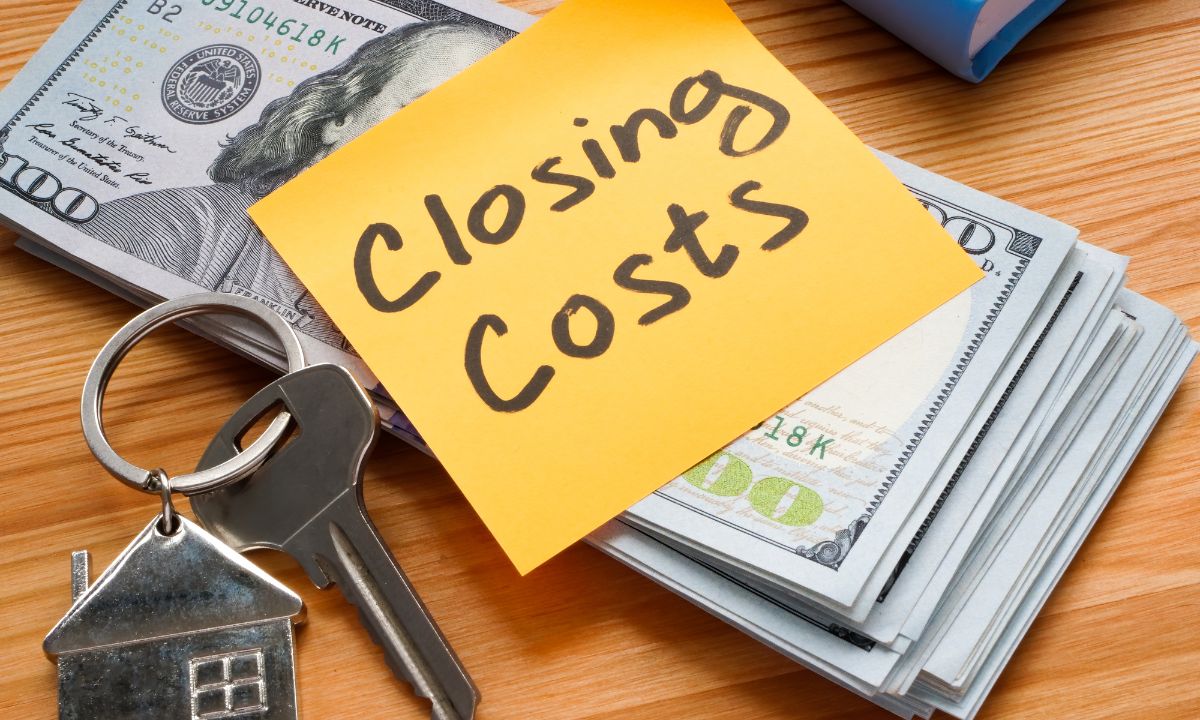 So, you’re considering buying a second home? Whether it’s a cozy cabin in the woods, a beachfront retreat, or an urban pied-à-terre, the idea of owning a second property is undoubtedly exciting. However, before you get swept away by visions of lazy weekends and family gatherings, it’s crucial to understand the financial implications, especially when it comes to mortgages. Here’s a comprehensive guide to help you navigate the mortgage considerations when buying a second home.
So, you’re considering buying a second home? Whether it’s a cozy cabin in the woods, a beachfront retreat, or an urban pied-à-terre, the idea of owning a second property is undoubtedly exciting. However, before you get swept away by visions of lazy weekends and family gatherings, it’s crucial to understand the financial implications, especially when it comes to mortgages. Here’s a comprehensive guide to help you navigate the mortgage considerations when buying a second home.
Assess Your Financial Situation: Before diving into the world of second-home mortgages, take a good look at your finances. Evaluate your income, debts, credit score, and existing mortgage obligations. Lenders will scrutinize these factors to determine your eligibility and the terms of your mortgage.
Down Payment Requirements: Unlike primary residences, second homes typically require a higher down payment. While conventional mortgages for primary homes may require as little as 3% down, expect to put down at least 10-20% for a second home. Some lenders might even require a 25-30% down payment, particularly for investment properties.
Interest Rates and Terms: Interest rates for second-home mortgages can be slightly higher than those for primary residences. Be prepared to shop around and compare rates from different lenders to secure the most favorable terms. Additionally, consider whether a fixed-rate or adjustable-rate mortgage (ARM) aligns better with your financial goals and risk tolerance.
Debt-to-Income Ratio (DTI): Lenders assess your DTI ratio to determine your ability to manage additional mortgage payments. Generally, a DTI ratio of 36% or lower is preferred, although some lenders may allow up to 43%. Keep your DTI ratio in check by paying down existing debts before applying for a second home mortgage.
Rental Income Potential: Planning to rent out your second home when you’re not using it? Factor potential rental income into your mortgage application. Some lenders may consider a portion of your rental income to offset your mortgage expenses, which could improve your debt-to-income ratio and borrowing capacity.
Property Type and Location: Lenders evaluate the type and location of the property when assessing mortgage applications. Factors such as property type (single-family home, condo, vacation home) and location (urban, rural, coastal) can influence the mortgage terms and interest rates. Be prepared to provide detailed information about the property to your lender.
Tax Implications: Owning a second home can have significant tax implications. Mortgage interest on a second home is generally tax-deductible, similar to primary residences, but there may be limitations based on how much time you spend in the property versus renting it out. Consult with a tax advisor to understand the tax implications of owning a second home.
Insurance Requirements: Insuring a second home may entail different considerations than insuring your primary residence. Depending on factors such as location, property type, and usage (personal use vs. rental), you may need additional coverage such as flood insurance or landlord insurance. Factor these costs into your overall budget.
Loan Limits and Jumbo Mortgages: Keep in mind that there are limits to how much you can borrow for a second home mortgage. In some high-cost areas, you may exceed the conventional loan limits, requiring a jumbo mortgage. Jumbo mortgages typically have stricter eligibility requirements and higher interest rates, so be prepared for a more rigorous application process.
Consult with Mortgage Experts: Navigating the complexities of second home mortgages can be daunting. Consider seeking guidance from mortgage brokers or financial advisors who specialize in second-home financing. They can help you explore your options, understand the requirements, and find the best mortgage solution tailored to your needs.
Buying a second home is a significant financial decision, but with careful planning and consideration of these mortgage factors, you can turn your second home dream into a rewarding reality. Take the time to research your options, crunch the numbers, and make an informed decision that aligns with your long-term financial goals.
 Divorce or separation is a challenging time, and amidst the emotional and logistical complexities, handling mortgage issues can add another layer of stress. For many couples, their home represents not just a financial investment but a symbol of stability and security. However, when relationships break down, decisions about homeownership become crucial. Here is some guidance on how to navigate mortgages during a divorce or separation.
Divorce or separation is a challenging time, and amidst the emotional and logistical complexities, handling mortgage issues can add another layer of stress. For many couples, their home represents not just a financial investment but a symbol of stability and security. However, when relationships break down, decisions about homeownership become crucial. Here is some guidance on how to navigate mortgages during a divorce or separation. Buying a home is an exciting journey, but it’s not without its twists and turns. One specific daunting aspect for many homebuyers is understanding the sphere of closing costs. These additional expenses can catch even the most prepared buyers off guard if they’re not properly understood. So, let’s discuss the world of closing costs and shed some light on what to expect when purchasing your dream home.
Buying a home is an exciting journey, but it’s not without its twists and turns. One specific daunting aspect for many homebuyers is understanding the sphere of closing costs. These additional expenses can catch even the most prepared buyers off guard if they’re not properly understood. So, let’s discuss the world of closing costs and shed some light on what to expect when purchasing your dream home.